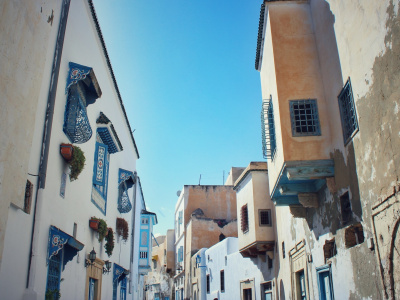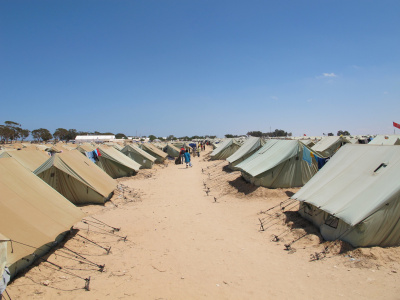
Tunisia: Possibilities for reform and implementation of migrant reception and protection
This study is part of our work on asylum, reception and migrant protection systems in four North African countries.
Summary
This case study is part of a larger study on asylum, reception and migrant protection systems which seeks to understand some of the dynamics driving or preventing reform of these systems and proposes some initial entry points for international cooperation. Other case studies include Algeria, Morocco and Egypt.
The four countries covered by this study are to differing extents countries of origin, transit and destination, and each is characterised by complex displacement and migration dynamics. They have shown very differing levels of interest to reform reception, asylum and migrant protection systems, and to cooperate closely with the EU on migration issues. COVID-19 has exacerbated many of the existing political and economic issues faced by these countries, including high youth employment and a deterioration of public services, posing renewed challenges for local populations and migrant populations alike. This means that any cooperation will need to include a strong understanding of underlying political interests, local contexts and capacities.
We map out some of the factors influencing prospects for reforming reception and asylum systems in these four countries and indicate some initial ideas for how international partners can offer support and help strengthen migration governance and protection systems in the region.
This case study is based on desk research as well as a number of interviews with international organisations, NGOs, researchers and scholars in the first half of 2020.
Photo courtesy of Guerric via Flickr




